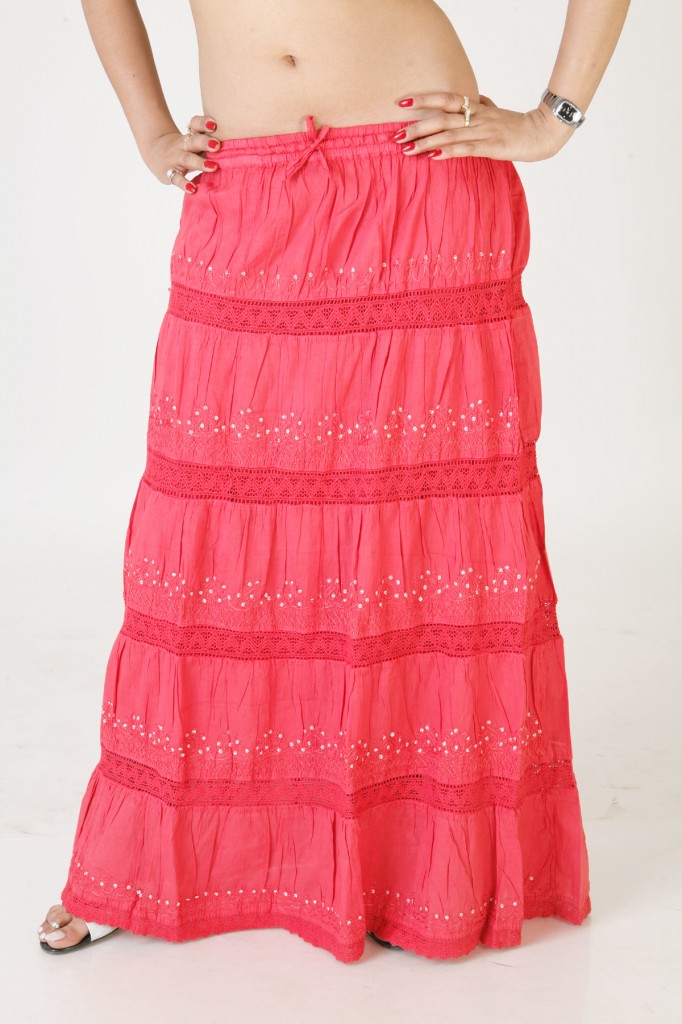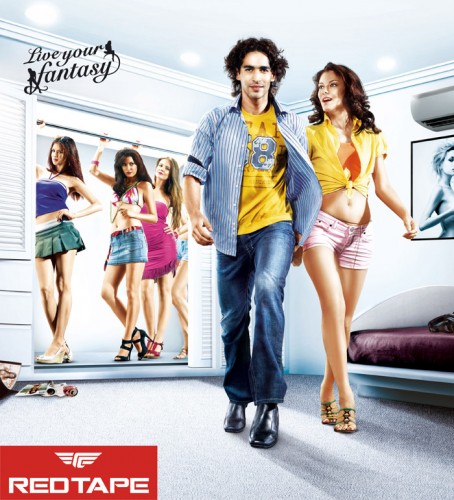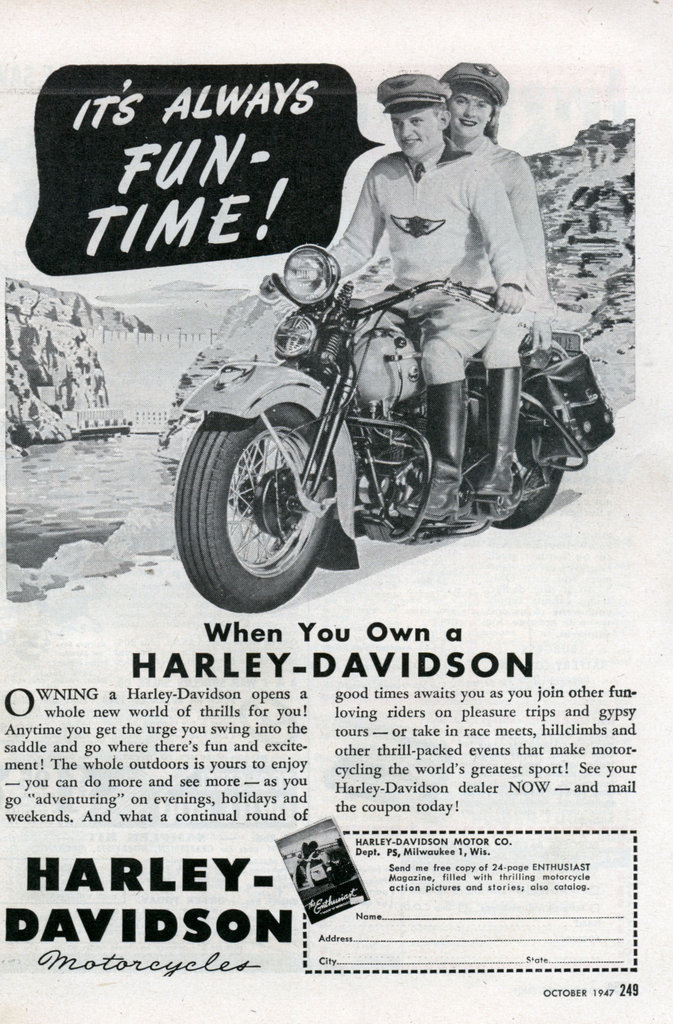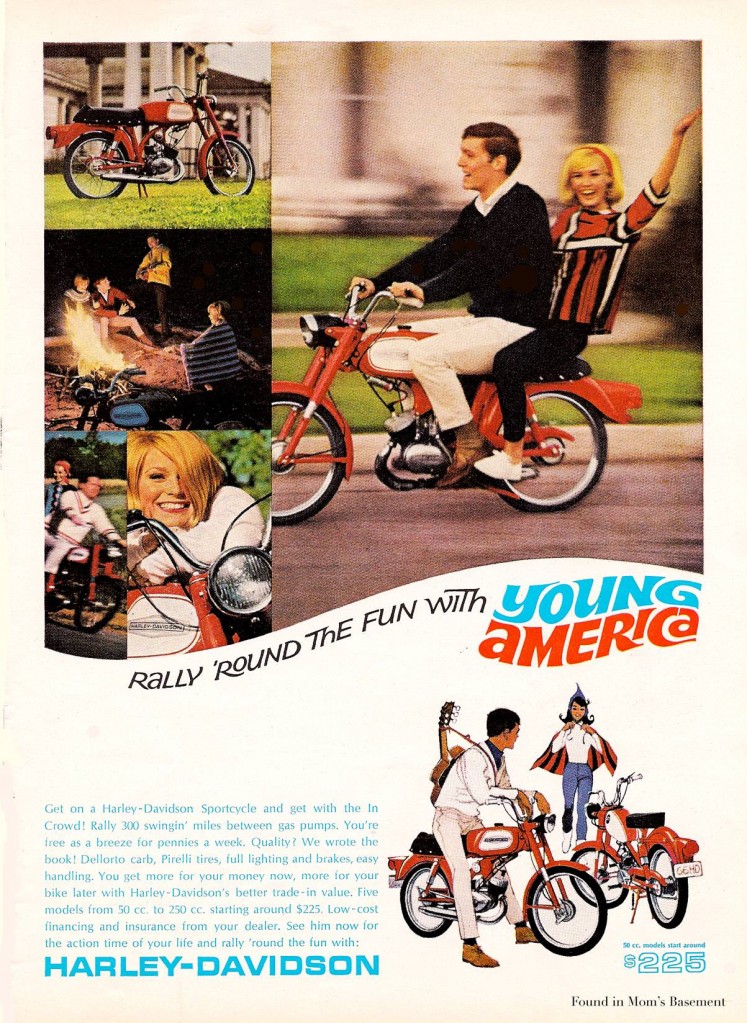
In this video, Brenda Laurel discusses her successful computer game for girls. Detailing extensive research on what girls want, Laurel then shows us a some interviews with girls and a bit of the resulting video game, Rocket, which seems to focus heavily on navigating complicated high school relationships. Laurel says that all critics love her game except the “male gamer who thinks he knows what games ought to be” and “a certain flavor of feminists who thinks they know what little girls ought to be.”
Laurel clearly sees herself as an advocate for girls and, at the very end of the video, mocks (that certain flavor of) feminist objection to the game.
In general, the video is a fascinating peek into the thinking of video game producers. And it certainly raises the question of what a feminist video game could look like.
Start at 6:28 if you want to skip the details as to her companies and data collection:
See other posts on girls’ video games here, here, and here.
And, for evidence that the gaming world isn’t particularly welcoming to girls and women, see here, here, here, here, here, and here (NSFW).
Lisa Wade, PhD is an Associate Professor at Tulane University. She is the author of American Hookup, a book about college sexual culture; a textbook about gender; and a forthcoming introductory text: Terrible Magnificent Sociology. You can follow her on Twitter and Instagram.








